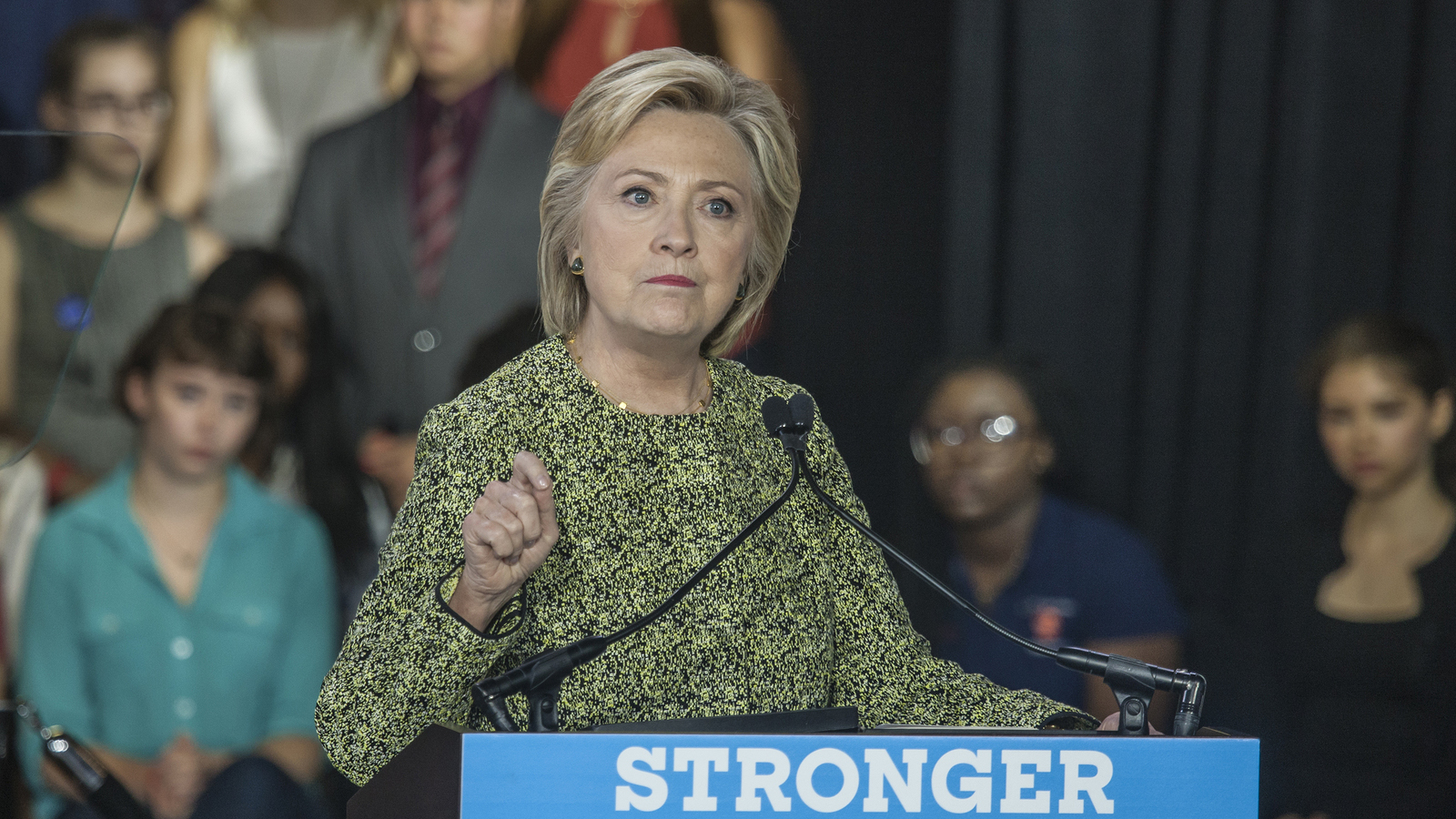UK government offers £16m 5G research fund for 2018 trials
Three universities will share the cash to help develop test networks

The UK government has made good on a promise to back the rollout of 5G, by releasing millions in funding to universities to help develop the technology in trials set to start next year.
A development fund of 16 million is to be shared between leading 5G research teams at King's College London and the Universities of Surrey and Bristol, where work will begin to deliver an end-to-end 5G test network by early 2018.
Work on the test network marks the beginning of a four-year government commitment, under what is being called the '5G Testbeds and Trials programme'. Once operational, 5G networks are expected to boost the economy by as much as 173 billion, according to government figures.
The cash injection comes from a 1 billion package announced during last year's Autumn Statement, set aside to boost the UK's digital infrastructure.
CCS Insight analyst and CEO, Shaun Collins, said at the time: "Any investment in the UK digital backbone is welcome and the commitment to 5G is admirable. However, realistically 5G services are unlikely to be available before 2020 in the UK. This investment only offers a small step in that direction."
Minister for Digital, Matt Hancock, said that the government wants the UK to be "at the head of the field" when it comes to 5G technology.
"This funding will support the pioneering research needed to ensure we can harness the potential of this technology to spark innovation, create new jobs and boost the economy," he added. "We know 5G has the potential to bring more reliable, ultrafast mobile connectivity, with quicker reaction times and larger data capabilities, and I'm thrilled to announce King's College London and the universities of Surrey and Bristol have agreed to collaborate on this project."
Sign up today and you will receive a free copy of our Future Focus 2025 report - the leading guidance on AI, cybersecurity and other IT challenges as per 700+ senior executives
The universities will each work on their own smaller-scale networks, which will then be merged together to form the larger test network. Each individual project will be required to include mobile signal receivers and transmitters - elements that will form an essential part of future commercial 5G rollouts.
The 2018 trial, provided it is delivered on time, will likely take the form of a simple signal delivery test between a mobile device and a data centre, which will reveal the capabilities of the network in a real-world setting.
Industry, local authorities and other academic institutions will be able to join the programme and apply for similar funding after the first testing phase is launched in 2018.
The cash pot suggests the government is looking to commit early to the development of 5G, particularly as it has faced criticism over its lack of investment into current 4G networks. Many rural areas have yet to receive super fast network speeds, and a recent report revealed that UK 4G coverage ranks lower than Albania and Peru.
Main image: Bigstock
Dale Walker is a contributor specializing in cybersecurity, data protection, and IT regulations. He was the former managing editor at ITPro, as well as its sibling sites CloudPro and ChannelPro. He spent a number of years reporting for ITPro from numerous domestic and international events, including IBM, Red Hat, Google, and has been a regular reporter for Microsoft's various yearly showcases, including Ignite.
-
 HPE inks $2 billion high-performance computing deal with the NSA
HPE inks $2 billion high-performance computing deal with the NSANews HPE will provide scalable on-premises computing to the NSA using Greenlake
-
 White House launches official investigation into use of personal email accounts
White House launches official investigation into use of personal email accountsNews Senate Intelligence Committee rebukes Kushner for omitting private account
-
 UK to re-invest £645m into 'superfast' broadband rollout
UK to re-invest £645m into 'superfast' broadband rolloutNews £465 million was recovered from contract clauses with BT
-
 Ofcom: Millions of homes unable to access "decent" broadband
Ofcom: Millions of homes unable to access "decent" broadbandNews Regulator Ofcom says an "unacceptable" number of businesses and homes cannot access speeds over 10Mbit/s
-
 Autumn Statement: Hammond wants to turn startups into scale-ups
Autumn Statement: Hammond wants to turn startups into scale-upsIn-depth Chancellor announces 5G funding and cash for driverless cars
-
 Telcos offer Europe 5G networks if EU weakens net neutrality
Telcos offer Europe 5G networks if EU weakens net neutralityNews Mobile companies say net neutrality threatens their returns on investment in 5G
-
 Are we really better off as part of the EU?
Are we really better off as part of the EU?News Ed Vaizey certainly thinks you are if you’re a start up or innovator…
-
 Around half of rural areas have sub-par broadband speeds
Around half of rural areas have sub-par broadband speedsNews OFCOM research shows that 48 per cent of rural areas receive less than 10Mbps

